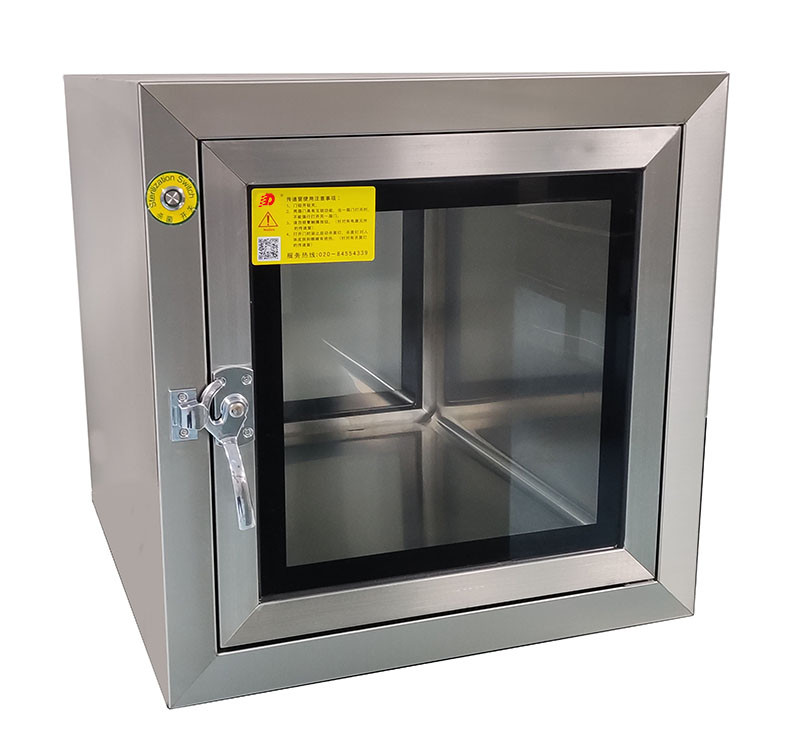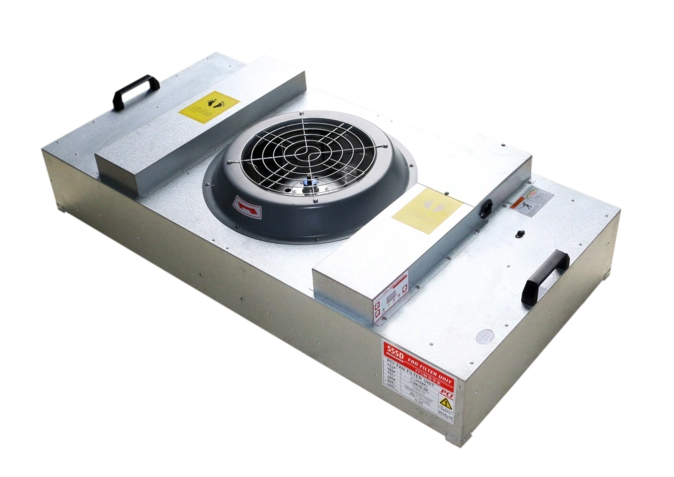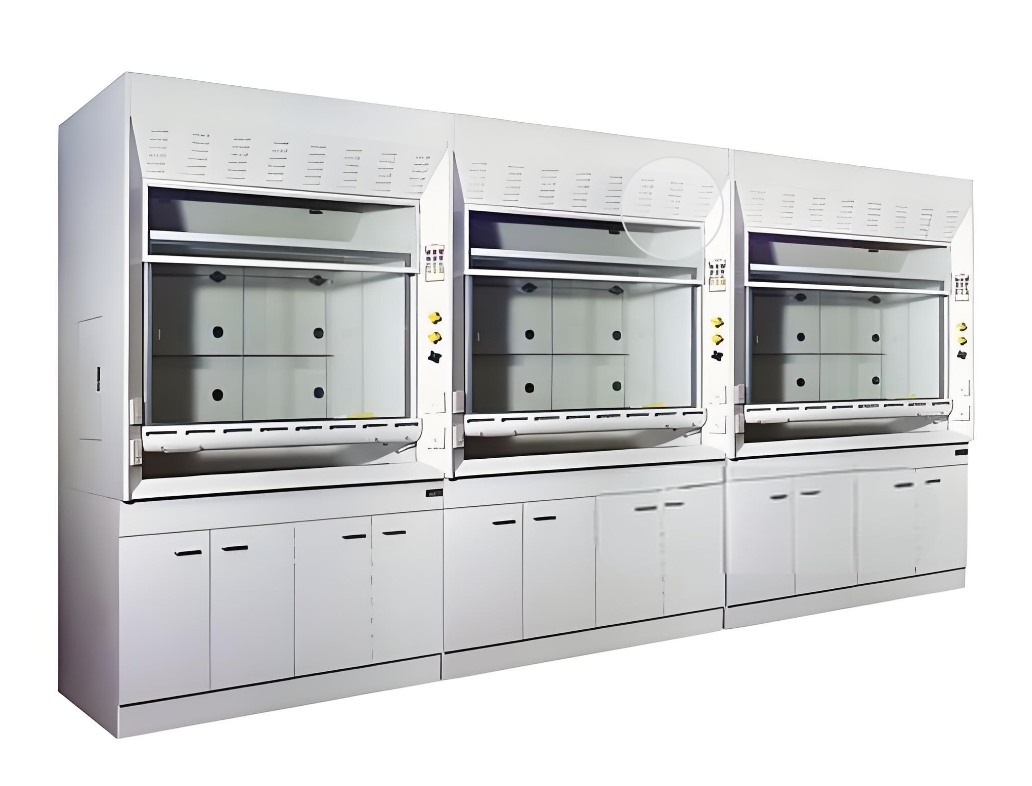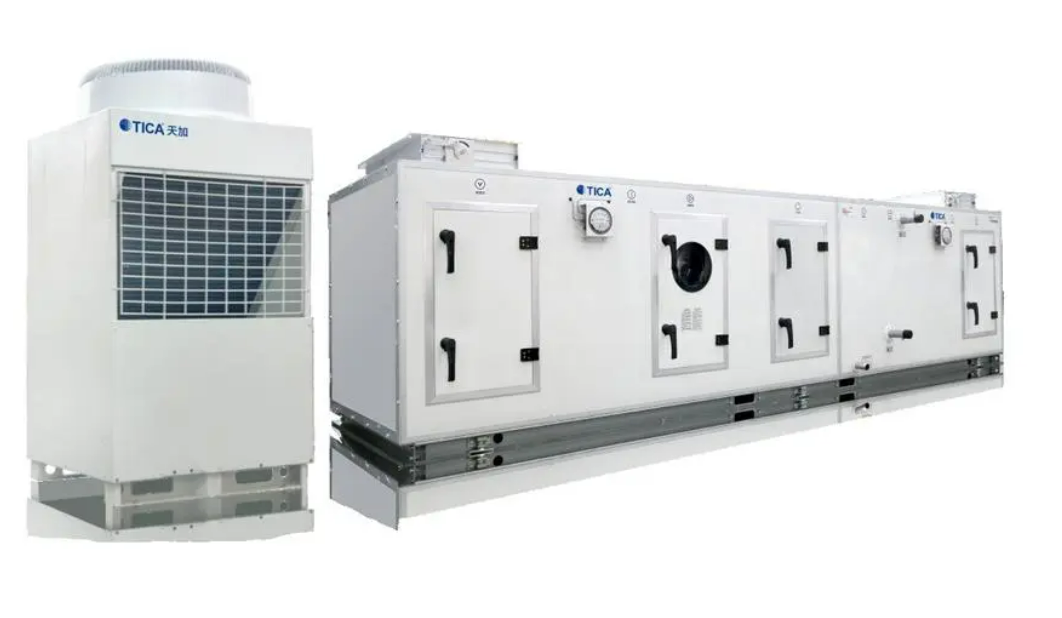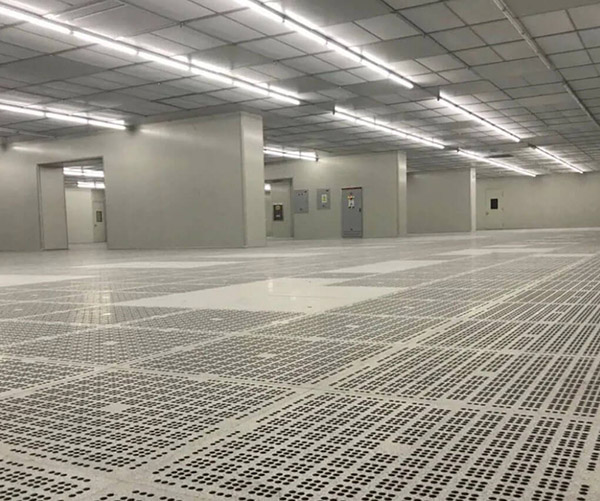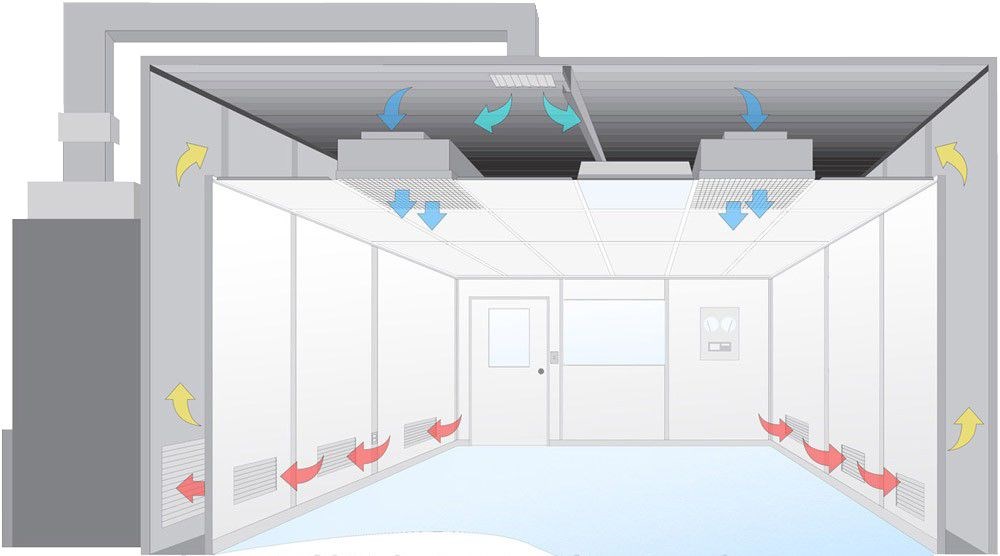As the healthcare industry continues to evolve, the demand for clean and sterile environments in hospitals has become more critical.
Hospital modular clean rooms, designed to meet strict hygiene and air quality standards, play an essential role in maintaining patient safety, supporting medical research, and ensuring the integrity of pharmaceutical production.
Hospital Modular Clean Rooms
Hospital modular clean rooms are pre-engineered, customizable rooms designed to provide controlled environments for healthcare applications. These rooms are built with modular components, allowing for quick installation and easy expansion or modification. They ensure optimal air quality, minimizing contaminants in sensitive hospital areas such as surgery rooms, labs, and pharmaceutical production.

1. Design and Flexibility
Hospital modular clean rooms are designed with flexibility in mind, offering scalable solutions to meet varying space and operational needs. They are constructed with high-quality materials to create seamless, hygienic environments that adhere to strict regulatory standards. Modular systems allow quick reconfiguration, ideal for hospital expansion or upgrading.
2. Key Features
Modular Design: Easy to assemble and expand as needed.
Controlled Airflow: Equipped with efficient filtration systems, these clean rooms maintain controlled air exchange to minimize airborne contaminants.
Compliance: Modular clean rooms adhere to international standards such as ISO 14644 for CleanRoom Classification and GMP for pharmaceutical manufacturing.
3. Applications in Hospitals
Hospital modular clean rooms are used in various hospital areas, including operating rooms, sterile drug preparation rooms, and research labs. They ensure a sterile environment, critical for patient safety and the success of medical procedures. These rooms also support pharmaceutical production and biological research by providing precise environmental control.
4. Regulatory Compliance and Maintenance
Hospital modular clean rooms are designed to comply with healthcare and industry regulations, including ISO 14644, GMP, and USP 797 standards. Regular maintenance ensures air quality remains at optimal levels, reducing the risk of infection and contamination.

List of Relevant Specifications and Standards:
ISO 14644: Cleanroom and associated controlled environments standards.
GMP (Good Manufacturing Practice): Guidelines for pharmaceutical production.
USP 797: Pharmaceutical compounding sterile preparations.
FDA (Food and Drug Administration): Standards for medical devices and sterile environments.
HEPA/ULPA Filters: Air filtration efficiency standards.
Hospital Clean Room Requirements

Hospital clean rooms are designed to meet stringent requirements for air quality, temperature, humidity, and cleanliness. These standards ensure that critical areas in hospitals, such as operating rooms, sterile preparation areas, and pharmaceutical manufacturing spaces, remain free from contaminants, thereby protecting patients and healthcare workers.
Air Quality Control
Air quality in hospital clean rooms is critical, with stringent filtration systems such as HEPA or ULPA filters used to control particulate matter. The air exchange rate is carefully managed to maintain a particle-free environment.
Temperature and Humidity Control
Hospitals must maintain strict control over temperature and humidity to prevent microbial growth and ensure comfort for patients and medical staff. Cleanrooms are designed with HVAC systems that control both factors efficiently.
Particle and Contaminant Removal
Hospital clean rooms are equipped with advanced filtration systems that continuously remove airborne particles and contaminants. The use of HEPA filters ensures that particles as small as 0.3 microns are efficiently filtered out, maintaining high levels of cleanliness.
Regulatory Compliance
Hospitals must adhere to local and international Cleanroom standards, such as ISO 14644 for air quality and GMP for pharmaceutical production. These regulations ensure that hospital clean rooms meet the necessary requirements for safety and performance.
Sterilization Protocols
Sterilization is a core requirement for hospital clean rooms. Procedures such as autoclaving, UV light treatment, or chemical disinfection ensure that the environment remains free of harmful pathogens.
monitoring Systems
Continuous monitoring systems track temperature, humidity, air quality, and pressure differentials within the cleanroom. These systems provide real-time data to ensure compliance with hospital and regulatory standards, enhancing patient safety and operational efficiency.
clean room modular wall systems
1. Wall System Components: Modular Cleanroom wall systems are typically made from durable, non-porous materials such as stainless steel, aluminum, or high-pressure laminate. These materials ensure that surfaces remain easy to clean and resistant to contamination.
2. Customization and Flexibility: Modular wall systems can be customized to accommodate specific CleanRoom needs. Options like sliding doors, windows, and airlocks allow for easy access and material flow, all while maintaining the necessary sterile environment.
3. Seamless Installation: Modular wall systems are designed for seamless installation, reducing the need for on-site construction and minimizing disruption to hospital operations. Their flexibility allows for quick adjustments or expansion as requirements change.
4. Enhanced Hygiene and Performance: The use of smooth, seamless modular wall systems helps eliminate dirt-trapping corners, reducing contamination risks. They are built to meet strict hygiene standards, with materials that resist microbial growth and are easy to maintain, ensuring that hospital clean rooms remain safe, functional, and compliant.

Advantages of Using Modular Cleanrooms
Modular cleanrooms provide a cost-effective, flexible, and compliant solution for healthcare environments. They enable quick installation, easy scalability, and adaptability to changing hospital needs, reducing downtime and costs.
Key benefits include:
- Rapid setup and expansion, minimizing disruption and supporting future growth.
- Lower construction and operational costs, with energy-efficient designs that save long-term expenses.
- Compliance with international standards through advanced filtration and pressure controls, ensuring a sterile environment.
- Customizable layouts and features to suit specific applications, such as surgery or research, for optimal functionality.

Advantages of Pharmaceutical Modular Cleanroom Labs
Contamination Control:
Pharmaceutical cleanrooms ensure the sterile environment necessary for manufacturing and testing drugs, minimizing contamination risks.
Compliance with Regulations:
These labs are designed to meet regulatory standards such as ISO 14644 and GMP, ensuring the highest levels of cleanliness and product safety in pharmaceutical production.
Increased Product Quality:
Pharmaceutical cleanroom labs provide a controlled environment that ensures drugs are produced in compliance with quality standards. This leads to enhanced product safety, reduced risk of contamination, and adherence to regulatory requirements like USP 797 and FDA guidelines, making them essential for producing safe and effective pharmaceuticals.

Modular cleanrooms offer flexibility, ease of installation, and efficient use of space, making them an ideal solution for modern hospital settings.
This article explores the advantages, requirements, and specifications for hospital modular clean rooms, with insights from Deiiang Company, a leader in cleanroom technology.
 +86 18186671616
+86 18186671616 Jason@cleanroomequips.com
Jason@cleanroomequips.com
 MENU
MENU













